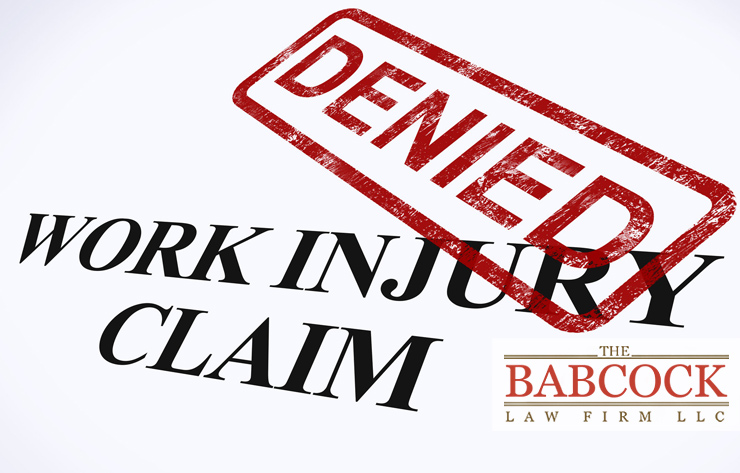
As the novel coronavirus began its spread across the world, Saul Sanchez died.
Nobody else in his family got sick; however, nearly 300 of his colleagues at the JBS Greeley beef plant were infected during an outbreak.
Nevertheless, his family’s workers’ compensation benefits claim has been contested by Sanchez’s JBS insurance administrator on the grounds that it wasn’t a work-related illness. This scenario is playing out across the country—Colorado included.
According to Colorado state law, sick workers or their families must shoulder the burden of proving their illness was contracted while on the job and not at another location. This can be difficult in the best of times. But during a global pandemic, it becomes even harder.
To date, roughly two-thirds of COVID-19-related workers’ comp claims have been denied upon initial filing, according to Colorado’s Division of Workers’ Compensation (DWC), a group responsible for regulating workers’ compensation in the state. This is double the rate of denials in other years.
Colorado DWC director, Paul Taurielo, states that a COVID-related workers’ compensation claim is controversial. This is because in the early stages of the illness, it was easy to see that catching COVID-19 was work-related if you were an EMT, firefighter or hospital worker caring for someone infected. After community spread started, it was not as cut and dry.
Failed bill sought to protect Colorado workers
Some Colorado lawmakers have tried to make it simple for first responders and essential workers to receive workers’ comp if they were infected with COVID-19. In one such bill, the burden of proof would have been shifted away from essential workers who had to work outside their homes and would have assumed any contraction of the virus occurred at work. Instead, employers would have had to provide “clear and convincing evidence” that an employee was not infected at work.
Unfortunately, opponents argued that the cost of such a bill was too high and it failed to pass in a 10-0 vote.
Mack Babcock supported this bill as it was designed to ensure workers like Sanchez were protected from illnesses, like COVID-19.
When asked about his opinion on the law’s failure to move forward, Babcock told the Denver Post::
“They said, ‘You can already establish a claim for COVID-19 under Colorado law, and we’re reporting and admitting all these cases, but by the way we don’t want this legislation because it will be too expensive.’”
However, hope is not lost.
Many claims that are denied initially can be appealed and overturned in the injured worker’s favor—with the help of an experienced workers’ compensation lawyer.
The nation is still in the midst of the COVID-19 pandemic, so there are still many hands to be dealt in terms of workers’ protections.

